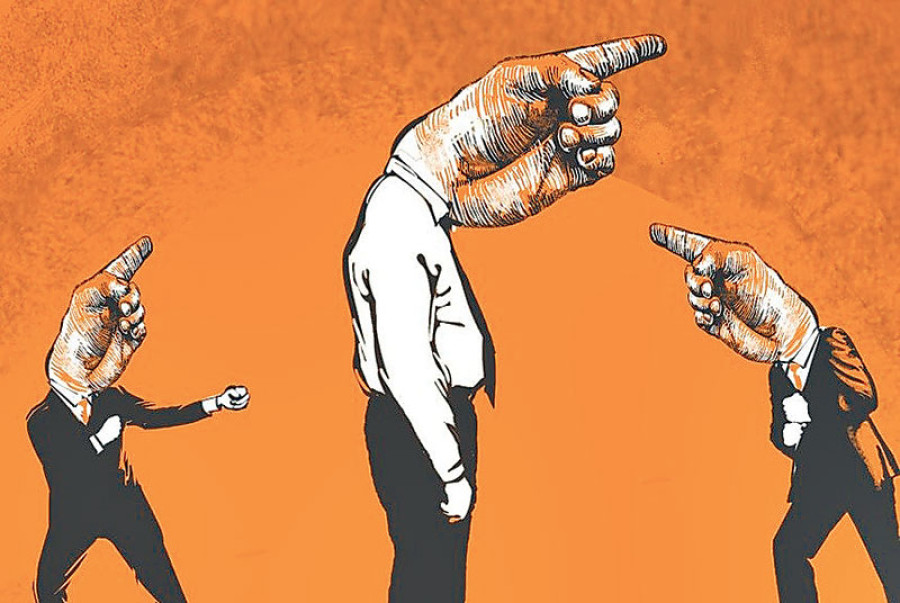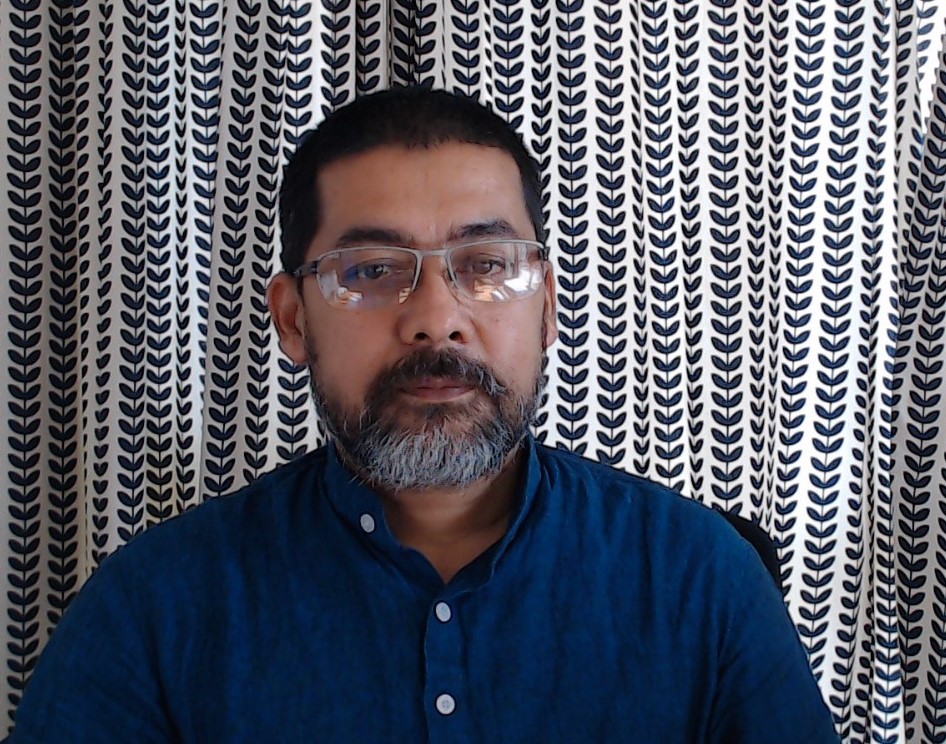Opinion
Democracy in action
Taxing the people without giving any services has become the dharma of the state
Chandra D Bhatta
The Constitution of Nepal 2015 contains fundamental provisions required for the smooth functioning of democracy. There are other legal frameworks too designed to strengthen democracy. In fact, Nepal never has been in deficit of such legal frameworks suitable for democracy. In the not too distant past, even the constitution and laws promulgated by the Ranas were also progressive and carried the spirit of the time.
Blurred boundaries
Similarly, the Panchayat constitution, except for the formal ban on political parties, was not regressive as has often been said. Despite the ban, political parties were working both covertly and overtly. The later constitutions, drafted by none other than our own beloved political leaders, are full of ‘rights’ and other legal provisions required to develop democracy in the country. What we have certainly achieved is that sovereignty has been vested in the people unlike before when it was vested in the rulers.
We decided to do away with the rulers who monopolised political sovereignty. Successive political movements and the Maoist insurgency were all launched to obtain shared sovereignty, at least in theory. The abolition of the monarchy has made it possible for the common people to aspire to the highest office in the country. This is no small achievement. The question that arises here, however, is what ails Nepali democracy? Why is there so much resentment against the political system which has pledged to strengthen democracy in the country?
The institutions of the state, which have major responsibilities in translating constitutional visions into reality, are becoming weaker day by day and public services are becoming more and more expensive. Under these circumstances, democracy cannot necessarily be realised by all.
It is only the state institutions and their services that can provide security and positive change. No other institution, political parties or civil society organisations, can do so. Their job is to keep an eye on the state machinery to make sure that they are working as per the aspirations of the people.
But this certainly is not the case. The boundary between the state, political parties and civil society organisations is so blurred that sometimes it is difficult to say which is which. Nevertheless, this should not really be a problem as long as they work for the broader interests of society. The problem begins when they try to usurp all the benefits.
Sadly, the government is now becoming more extractive and rentier, and deviating from its dharma to protect those who cannot protect themselves. Taxing the people without giving any services has become the dharma of the state. Under these circumstances, how can democracy prosper, let alone move towards democratic socialism? Talking about prosperity and democracy for all is becoming a ‘living lie’ and we are moving towards a ‘deep state’.
The current state of affairs in Nepal reveals that powerful individuals in society are hijacking the state institutions. Similarly, the idea of having shared sovereignty is losing momentum. The weakening of state institutions and monopolisation of sovereignty will surely have consequences on democracy. The most visible impact will be that people will lose trust in the political system which they thought would solve their problems.
The way forward
So, what is to be done? How should we fix the problems arising out of this dilemma? The first and foremost job to this end would be to strengthen the state institutions by regaining the trust of the people. If the state institutions like the courts, police and the bureaucracy and other service providing agencies like hospitals, schools and universities lose public trust, the people will not feel a positive change.
This is important because democracy is a state-centric system, and states are built on certain values, institutions and emotions of the citizens. In the absence of both, neither the state nor democracy can survive. This has always remained the major problem in Nepal.
We never really had problems securing the software required for democracy. We have launched movements time and again if they were denied or usurped. What we certainly lack are institutions to keep the software intact. Instead of building state institutions, we have been engaged in deliberately weakening them. What is equally important in the context of democracy is having state institutions that can work independently of powerful interest groups. If they are usurped by interest groups, democracy for the common people becomes a utopian project.
In the past, we have always blamed others to hide our own weaknesses or for other reasons. Sometimes, we blamed the Panchayat system, at other times, we blamed the king. We have also blamed earlier constitutions for creating backwardness in society. All of them have gone for bad or good reasons.
Now the ball is in our court and we are all players. No one else can be blamed if anything goes wrong. Therefore, the time has come for us to be more responsible.
We should not allow people to think that the past was ‘good’ and the ‘present’ is just the way it is.
- Bhatta is a political scientist by training




 12.62°C Kathmandu
12.62°C Kathmandu










